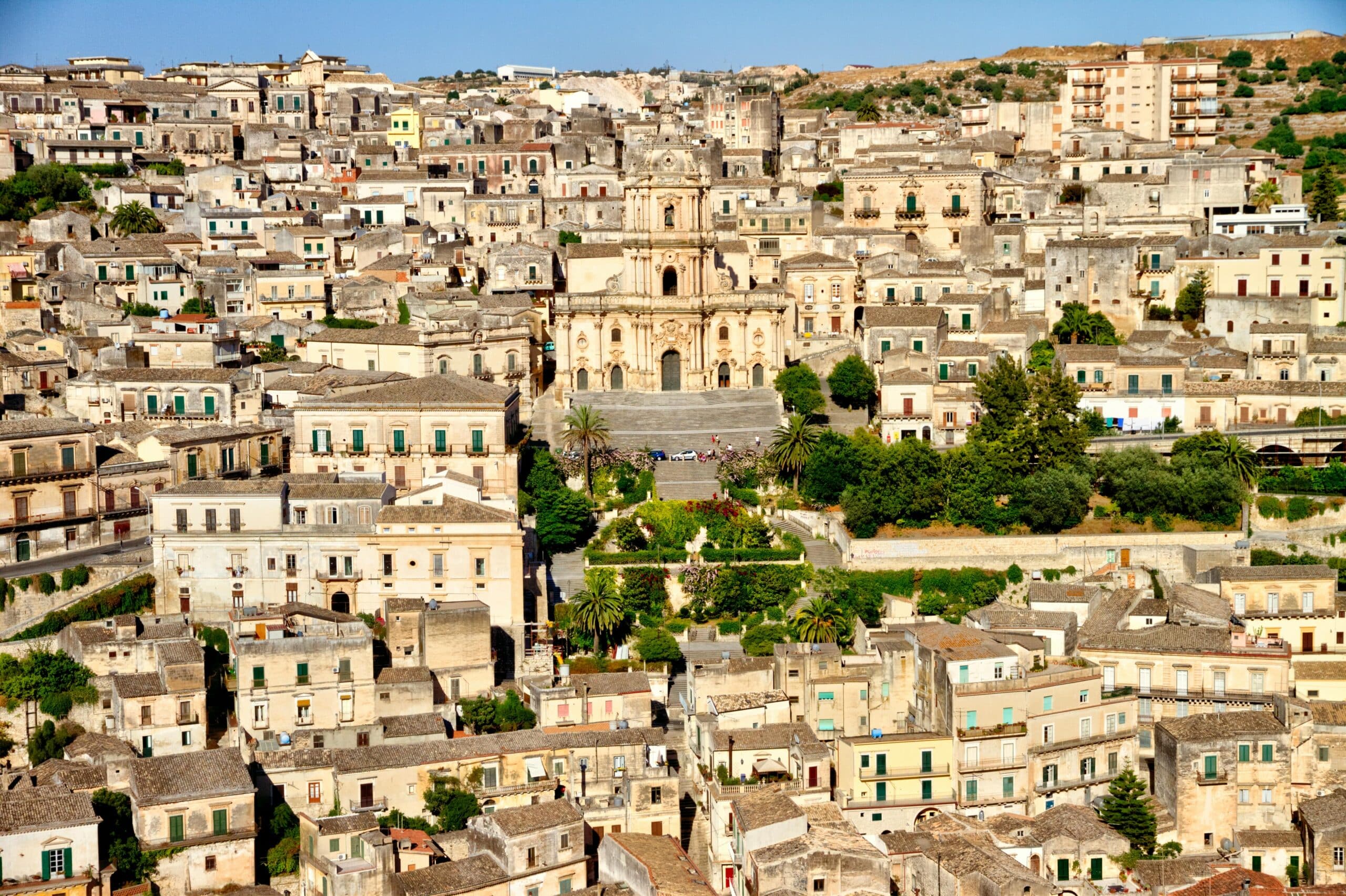Troppo (adverb)
Troppo is invariable and thus does not change its ending when it acts as an adverb, which means that appears after a verb or before an adjective.
- Troppo = too much
Troppo, Troppa, Troppi, Troppe (adjectives)
Troppi is variable and changes its ending to troppa, troppi, troppi when it precedes a noun (in this case, it functions as an adjective).
- Troppo / Troppa = too
- Troppi / Troppe = too many
This chart will help you determine which form of ‘poco’ to use:
| Troppo (adverb) | too much | Ieri sera ho mangiato troppo (I ate too much last night) Luigi ha bevuto un po’ troppo (Luigi drank a little too much) |
| Troppo, Troppa (adjective) | too | Fa troppo freddo oggi! (It’s too cold today!) Ho troppa fame! (I’m too hungry!) |
| Troppi, Troppe (adjective) | too many | Ci sono troppi studenti in questa classe (There are too many students in this class)Ci sono troppe persone in questa sala (There are too many people in this room) |
Troppo as ‘So’ in Emphatic Sentences
In Italian, “troppo” is typically translated as “too much” or “too.” However, in everyday Italian speech, “troppo” is frequently used in a way similar to the English word “so” in emphatic sentences.
For example:
- È troppo buono – While the literal translation might be “He is too good,” in a colloquial context, it could be interpreted as “It’s so good”.
- È troppo bello – Literally, “It is too beautiful,” but often used to mean “It is so beautiful”.







